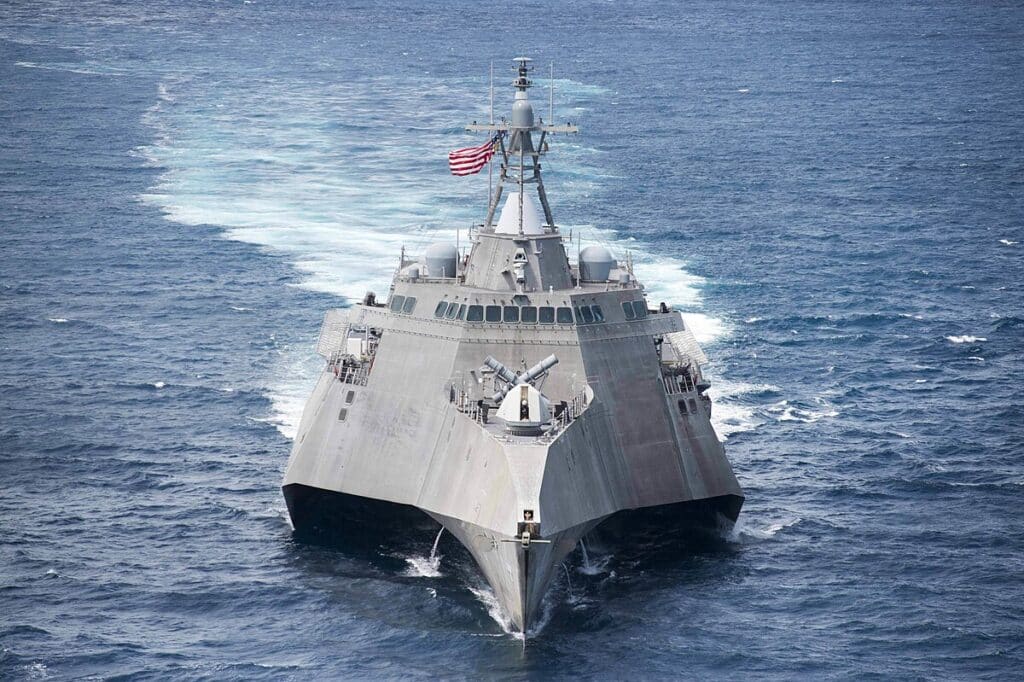
Waste of the Day: Failed Combat Ship Program Could Cost $100 Billion or More
The U.S. Navy has wasted billions on a failed class of ships that are now being rapidly decommissioned after embarrassing mechanical breakdowns and ridicule from Naval officers. The lifetime cost of this program could top over $100 billion, according to ProPublica.
The saga began in the early 2000s, when Naval officials, backed by defense contractor lobbyists, pushed the Navy to develop a new class of ships, called Littoral Combat Ships, which would be smaller and nimbler ships that would be suitable for deployment in coastal, or littoral, waters.

Waste of the Day 10.6.23
Open the Books
Unfortunately, costs quickly ballooned. ProPublica reports the ships were originally supposed to cost no more than $220 million each, but the cost soon rose to about $500 million apiece. Lockheed Martin and General Dynamics both won contracts to build these ships, but prioritized speed over quality.
After development and deployment, these ships were plagued by mechanical failures, with ProPublica reporting that, “Sailors and officers complained they spent more time fixing the ships than sailing them.”
Now, the Navy admits this class of ships, “does not provide the lethality or survivability needed in a high-end fight,” and that it “needs a more ready, capable, and lethal fleet.” As a result, these ships are being decommissioned, with one of them, the USS Milwaukee, decommissioned a few weeks ago, just eight years after its initial commission.
A retired Government Accountability Office analyst, John Pendleton, told ProPublica that the lifetime cost of the Littoral Combat class of ships may amount to over $100 billion. For all this investment, Pendleton told ProPublica, “In the end, the taxpayers get fewer than 30 limited-survivability, single-mission ships.”
This botched program shows why the Pentagon’s $816 billion budget deserves more scrutiny, and why more spending by the Pentagon doesn’t equate to a safer United States.
The #WasteOfTheDay is brought to you by the forensic auditors at OpenTheBooks.com
This article was originally published by RealClearInvestigations and made available via RealClearWire.



